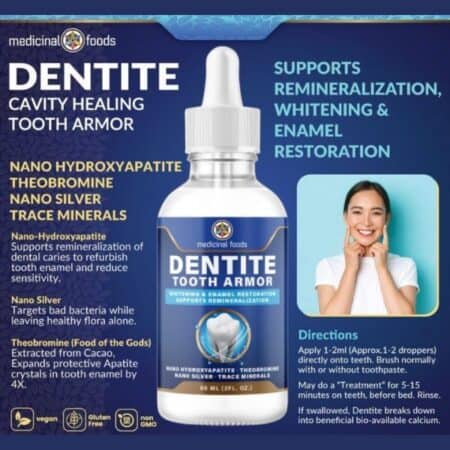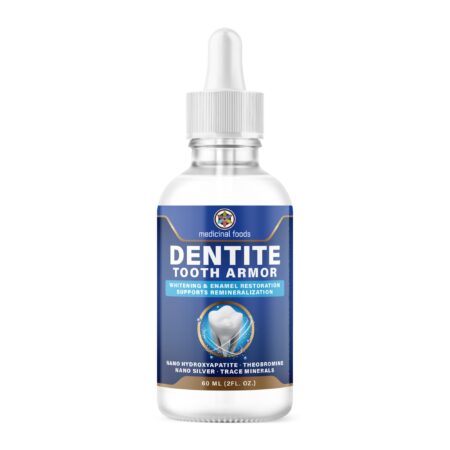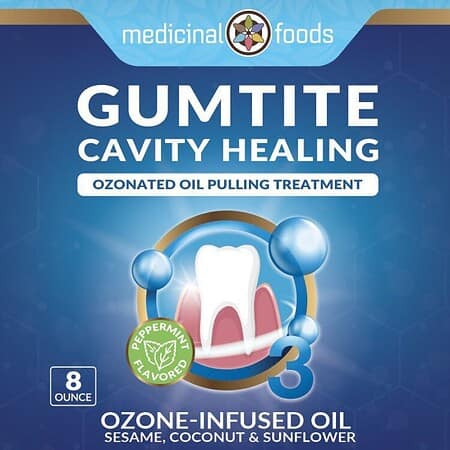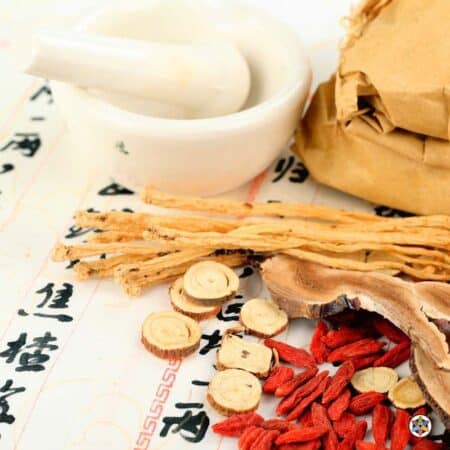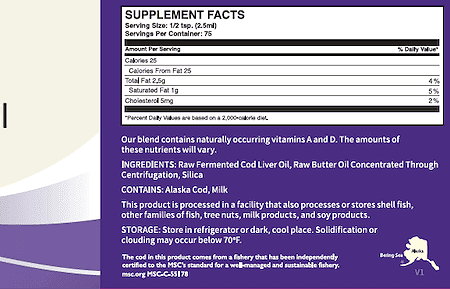We all have trillions of bacteria living inside our bodies, and the the helpful ones are called probiotics.
Most of these are living inside the organs of our digestive system — commonly called “the gut” — and have a range of responsibilities.
There are also harmful bacteria that can cause health problems. The ratio of good to harmful bacteria is a major factor in determining how our bodies self-regulate and fight off diseases.
When we have a large amount of good bacteria the health benefits include better immune functioning, losing weight and keeping the weight off, a drastically reduced possibility of contracting diseases, healthier skin, and improved digestion.
Many people take in helpful bacteria as pill or powder supplements, but they can also be ingested in certain fermented foods.
Probiotics definition
The probiotics definition is debated amongst health practitioners, but generally refers to microorganisms within our bodies that provide a health benefit.
There is disagreement about which strains of these microorganisms are “good” or “bad” for us, and what the actual health benefits are.
These microorganisms come in the form of yeasts, fungi, viruses, archaea, and helminths.
Fermented foods and beverages are an excellent source of these bacteria. Fermentation is when yeasts or bacteria break down starches or sugars and convert them into either alcohol or acids.
The bacteria survive on these carbohydrates and sugars, and after metabolizing them into lactic acid it can be sent to every cell in our bodies and used as fuel.
So when we ingest fermented foods or drinks we are taking in these microorganisms and digestive enzymes, which break down the food we eat, and extract the nutrients from them.
So the more beneficial micro-bacteria we have in our guts the better we are able to metabolize energy from the food.
壯陽藥
href=”/probiotics/benefits-of/”>Fermentation and the production of beneficial bacteria not only introduces new organisms that efficiently help with digestion, but they also boost the immune system in a number of ways.
Anti-Cancer Properties
Cancer is when the body produces acidic tumors through the replication of cells with mutated genes. These tumors can take over the healthy cells on a specific organ and cause the entire organ to shut down or malfunction.
Researchers believe that beneficial bacterial organisms can prevent this process by breaking down carcinogenic substances early on when they enter our digestive tract.
A healthy gut environment will have a low quantity of harmful bacterias that could eventually transform into carcinogenic substances if left to roam freely in our bodies.
Certain organisms that perform fermentation in our guts also have the ability to remove heavy metals and pesticides from our system.
For example, one of the most common beneficial bacterias is called lactobacillus and is able to remove toxic heavy metals and heterocyclic aromatic amines, which are carcinogens found in overcooked meat.
Kimchi, the popular Japanese fermented cabbage, is able to break down the the cancer-causing pesticide and food preservative sodium nitrate.
Reduces Symptoms of Lactose Intolerance
It has become more and more common in recent decades for children and adults alike to experience symptoms of lactose intolerance, which is the body’s inability to break down the enzyme lactose common in dairy products like milk and yogurt.
The good news is that these people are not suffering from an incurable condition, but are really deficient in the beneficial micro-bacteria in their gut that have the ability to efficiently break down the lactose.
When we have a large number of the beneficial bacteria mentioned above, lactobacillus, in our intestinal tract we can break down the lactose in milk and convert it into lactic acid.
The lactobacillus is fermenting the lactose and converting it into this acid which is then sent throughout the body and used as energy.
People who suffer from the discomfort, bloating, and diarrhea that are common lactose intolerance symptoms should drink raw un-pasteurized milk that contains many microorganisms such as lactobacillus, and yogurt that contains high levels of lactic acid.
So what are some other powerful foods that have these helpful bacteria?
Kefir
Kefir is a unique dairy product that is produced from the fermentation of the kefir grain which has an equal balance of lactic acid bacteria and yeast. This blend gives kefir its unique tangy, effervescent flavor with a foamy, light creamy texture.
Although similar in consistency with yogurt, which only uses bacteria for fermentation, kefir has expanded health effects because it combines bacteria with yeast for the fermentation.
Some varieties of kefir have up to 60 strains of beneficial microbial strains and organisms which make it a very potent source for adding them to your diet.
Kombucha
While kefir and yogurt have a milk base for fermentation, kombucha has a tea base, either green or black tea. Adding some sugar and certain strains of bacteria, and left for ferment for a a week or longer, one will arrive at this delicious and increasingly popular drink.
Although fermentation has taken place, kombucha will maintain the health benefits of drinking an organic tea, such as the antioxidant effects, improved cholesterol levels and balancing of blood sugar.
Kombucha also generates acetic acid, which is abundant in vinegar and which give kombucha its sour, tangy taste. Acetic acid is another powerful probiotic bacteria that has the ability to kill many types of harmful bacterias in our gut.
Sauerkraut
Sauerkraut means “sour cabbage” in German and is produced by cutting up slices of cabbage and placing it into a brine to ferment for several weeks.
The brine is a salt and water solution that creates an uninhabitable environment for harmful bacteria, while naturally occurring micro-bacteria will feed on the carbs in the cabbage to produce lactic acid.
After about 20 days the sauerkraut will have a suitable amount of microorganisms thriving inside, which will include the bacterias:
- Leuconostoc mesenteroides
- Lactobacillus brevis
- Lactobacillus plantarum.
The longer you allow the sauerkraut to ferment the more varieties of beneficial bacteria will appear, making each batch completely unique.
Because of its simplicity to prepare, sauerkraut has been a popular fermented food since ancient times, and although it has a German name was likely originated in China and brought to Europe in the Middle Ages by Mongolian and Tartarian troops.
Cultures around the world have known about the benefits of fermented foods and beverages for thousands of years.
Great health can be achieved in a mundane and patient way: give bacteria that are beneficial to the human body the optimal conditions to reproduce and make more beneficial bacteria, then ingest that.
Boosting our immune system, improving digestion, efficiently absorbing nutrients from foods, and breaking down harmful bacteria are their critical functions in our gut and will lead to numerous other health benefits by proxy.
Probiotic food and beverages are a great addition to any diet for people looking for simple, effective, and indeed ancient methods for improving holistic body health.


